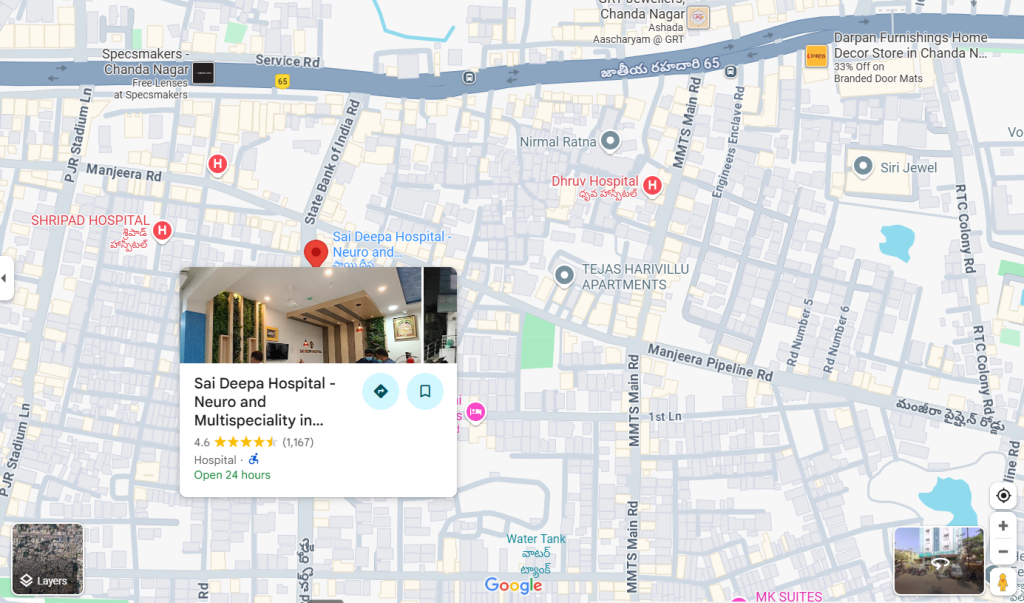Best Thyroid Treatment in Hyderabad
- Home
- Best Thyroid Treatment in Hyderabad
Best Thyroid Treatment in Hyderabad
Thyroid disease is a common yet often misunderstood health condition that affects millions of people worldwide. The thyroid, a small butterfly-shaped gland located at the base of the neck, plays a vital role in regulating metabolism, energy levels, and various bodily functions through hormone production. At Sree Sai Deepa Hospitals, we are dedicated to providing accurate diagnosis and effective treatment options for individuals suffering from thyroid disease.
Book Free Appointment
1L+
Happy Customers
25+
Qualified Doctors
50
Rooms
5000+
Successful Surgeries
Free
Consultation
24/7 Ambulance
Facility
Insurance
Claim Support
What is Thyroid Disease?
Thyroid disease refers to any dysfunction of the thyroid gland that impacts its ability to produce hormones effectively. These disorders can either result in the gland producing too much hormone (hyperthyroidism) or too little (hypothyroidism). Both conditions can lead to a range of health issues if not properly managed. Some thyroid disorders are chronic, requiring long-term treatment and monitoring.
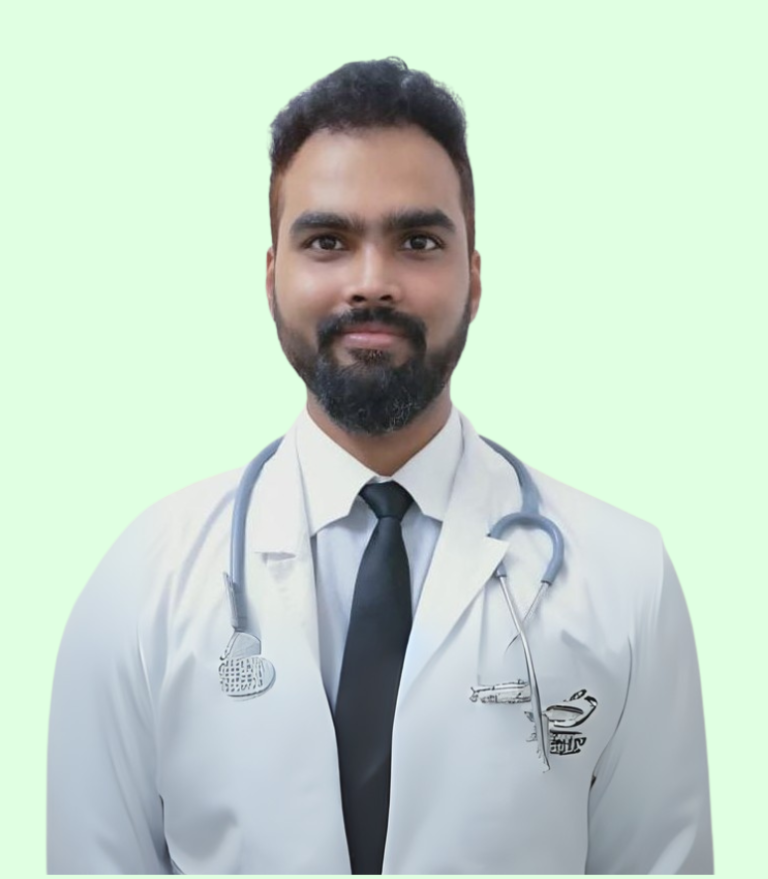
Dr. Sasidhara Roa A
MBBS, MS
5000+ Successful Surgeries
11+ Years of experience
Dr. Sasidhara Rao A. is an experienced General and Laparoscopic Surgeon at Sree Sai Deepa Hospitals, Chandanagar, with over 11 years of expertise and 5000+ successful surgeries. He specializes in laparoscopic, laser, and microscopic surgeries, treating conditions like piles, fissures, varicose veins, and gallbladder issues.
Doctor’s Fellowships:
Fellowship - International Society of Coloproctology
Fellowship in Intimate Health
Fellowship in Diagnostic Endoscopy
What are the Types of Thyroid Diseases?
Thyroid disease encompasses several types:
- Hypothyroidism – Underactive thyroid that leads to fatigue, weight gain, and cold intolerance.
- Hyperthyroidism – Overactive thyroid causing weight loss, anxiety, and heat intolerance.
- Goiter – Enlarged thyroid gland, often visible as swelling in the neck.
- Thyroid Nodules – Lumps or growths in the thyroid gland, which may be benign or cancerous.
- Thyroid Cancer – Malignant tumors in the thyroid gland require specialized treatment.
- Hashimoto’s Thyroiditis – An autoimmune disorder causing hypothyroidism.
- Graves’ Disease – An autoimmune disorder leading to hyperthyroidism.
What are the Symptoms of Thyroid Disease?
Symptoms vary based on the type of disorder:
- Hypothyroidism: Fatigue, weight gain, depression, dry skin, constipation, slow heart rate, memory problems, and feeling cold.
- Hyperthyroidism: Rapid heartbeat, weight loss, nervousness, irritability, sweating, frequent bowel movements, and difficulty sleeping.
- Goiter or Nodules: Swelling in the neck, difficulty swallowing or breathing, hoarseness, and a visible lump.
How Common is Thyroid Disease?
Thyroid disease is highly prevalent, especially among women. It is estimated that around 1 in 10 people may experience a thyroid disorder in their lifetime. Early diagnosis and treatment can prevent complications. It is also common in people with other autoimmune conditions.
Get your surgery cost
What are the Risk Factors for Thyroid Disease?
Several factors increase the risk of thyroid disorders:
- Family history of thyroid issues
- Autoimmune diseases
- Radiation exposure to the neck
- Pregnancy or recent childbirth
- Age (more common in adults over 60)
- Gender (higher incidence in women)
- Iodine deficiency or excess
- Certain medications and genetic conditions
How to Diagnose Thyroid Disease?
Diagnosis involves a combination of clinical evaluation and tests:
- Blood Tests: TSH (Thyroid-Stimulating Hormone), T3, and T4 levels
- Imaging Tests: Ultrasound of the thyroid to detect nodules or enlargement
- Radioactive Iodine Uptake Test: Measures thyroid function and detects overactive areas.
- Biopsy: For evaluation of suspicious thyroid nodules, usually through fine-needle aspiration.
- Thyroid Antibody Tests: Used to detect autoimmune thyroid conditions.
Accreditations

Saideepaneurocare Hospitals is NABH certified, a mark of excellence in patient safety and care. We follow stringent healthcare protocols and maintain world-class hygiene standards.
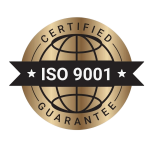
We are ISO 9001 certified, ensuring the highest standards in quality management and patient care. This certification reflects our commitment to efficient processes and continuous improvement in healthcare services.
What is the Treatment for Thyroid Disease?
Treatment depends on the specific thyroid disorder:
- Hypothyroidism: Daily hormone replacement therapy (Levothyroxine)
- Hyperthyroidism: Antithyroid medications, radioactive iodine therapy, or beta-blockers for symptom control
- Goiter/Nodules: Observation, medication, or surgery if problematic or suspicious
- Thyroid Cancer: Surgery, radioactive iodine therapy, hormone therapy, and follow-up imaging/tests
Lifestyle adjustments such as a balanced diet, regular exercise, and managing stress can also help support thyroid health.
What are the Surgical Options for Thyroid Disease?
Surgery may be necessary in the following cases:
- Large goiters causing discomfort or breathing/swallowing issues
- Suspicious or cancerous nodules
- Uncontrolled hyperthyroidism
Surgical procedures include:
- Thyroidectomy – Partial or complete removal of the thyroid gland
- Lobectomy – Removal of one lobe of the thyroid
- Minimally Invasive Thyroid Surgery – Smaller incision with quicker recovery time
These surgeries are typically safe and effective with a quick recovery under skilled surgical care.
Sai Deepa Hospital - Neuro and Multispeciality
Plot no 387, Church road, Huda colony, Chanda Nagar, Hyderabad – 500050
Which is the Best Hospital for Thyroid Surgery in Hyderabad
At Sree Sai Deepa Hospitals, we specialize in comprehensive thyroid care. Our experienced endocrinologists and surgeons offer personalized treatment plans tailored to each patient’s condition. From diagnosis to recovery, our team provides compassionate care and advanced treatment options, including minimally invasive thyroid surgery. We prioritize patient safety, comfort, and long-term health outcomes.
Let us help you live pain-free with expert treatment and compassionate care
Where to get the best Thyroid surgery in Chandanagar, Hyderabad?
📍 Sai Deepa Hospitals, Chanda Nagar, Hyderabad
📞 Call or WhatsApp: +91-7093762716
🌐 www.saideepaneurocare.com
Best Thyroid surgery Doctor in Chandanagar | Best Thyroid surgery Doctor in Miyapur | Best Thyroid surgery Doctor in Kukatpally | Best Thyroid surgery Doctor in Hyderabad
Patient Reviews
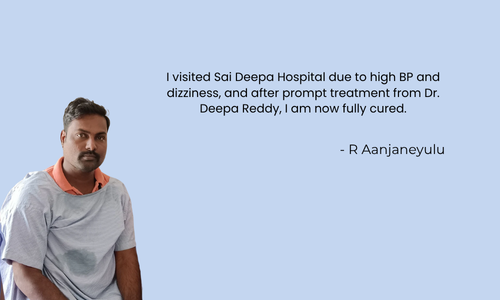
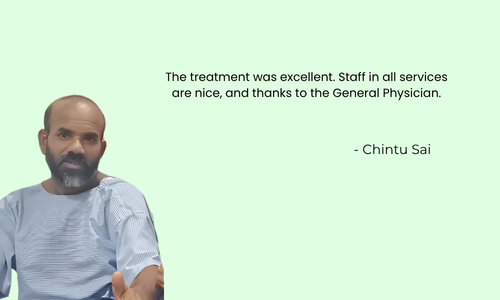

FAQ's on Thyroid
1. Can thyroid disease be cured?
Some forms of thyroid disease, like hypothyroidism, can be managed effectively with medication. In cases of thyroid cancer or certain hyperthyroid conditions, surgical treatment may offer a permanent solution.
2. Can thyroid cause hair loss?
Yes, both hypothyroidism and hyperthyroidism can lead to hair thinning or hair loss due to hormone imbalance. Treatment can help restore hair health over time.
3. What are the most common types of thyroid disorders?
Hypothyroidism and hyperthyroidism are the most frequently diagnosed thyroid conditions.
4. Can I live a normal life with thyroid?
With proper treatment and regular monitoring, individuals with thyroid disease can lead a healthy, normal life. Adherence to medication and follow-up appointments is crucial.
5. How to check thyroid disease?
Blood tests for TSH, T3, and T4 levels are the primary tools for diagnosing thyroid conditions. Regular screening is advised for at-risk individuals.
6. Can I drink water before the thyroid test?
Yes, drinking water before a thyroid blood test is allowed and does not affect the results. Fasting is usually not required unless advised by your doctor.
